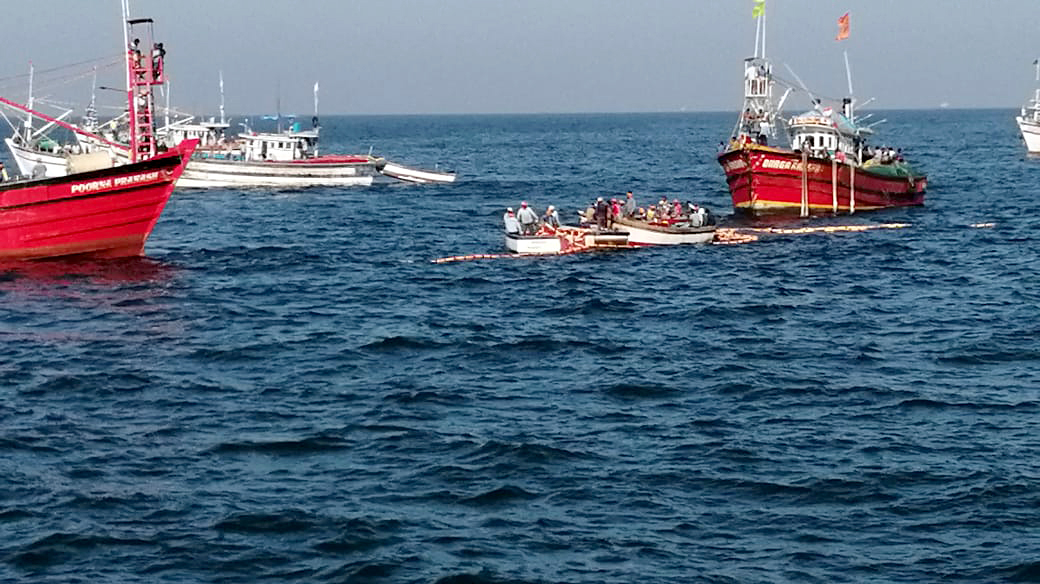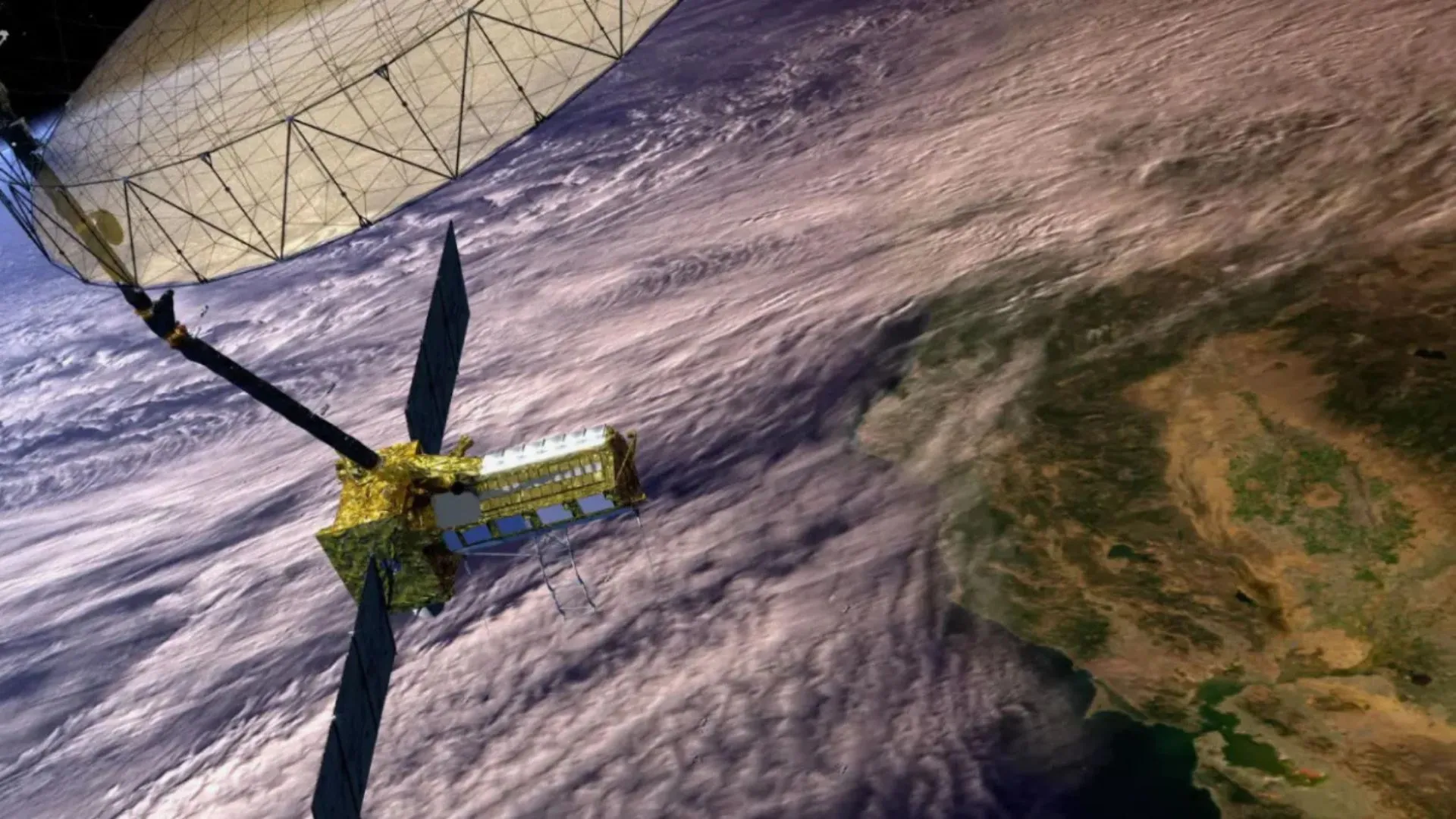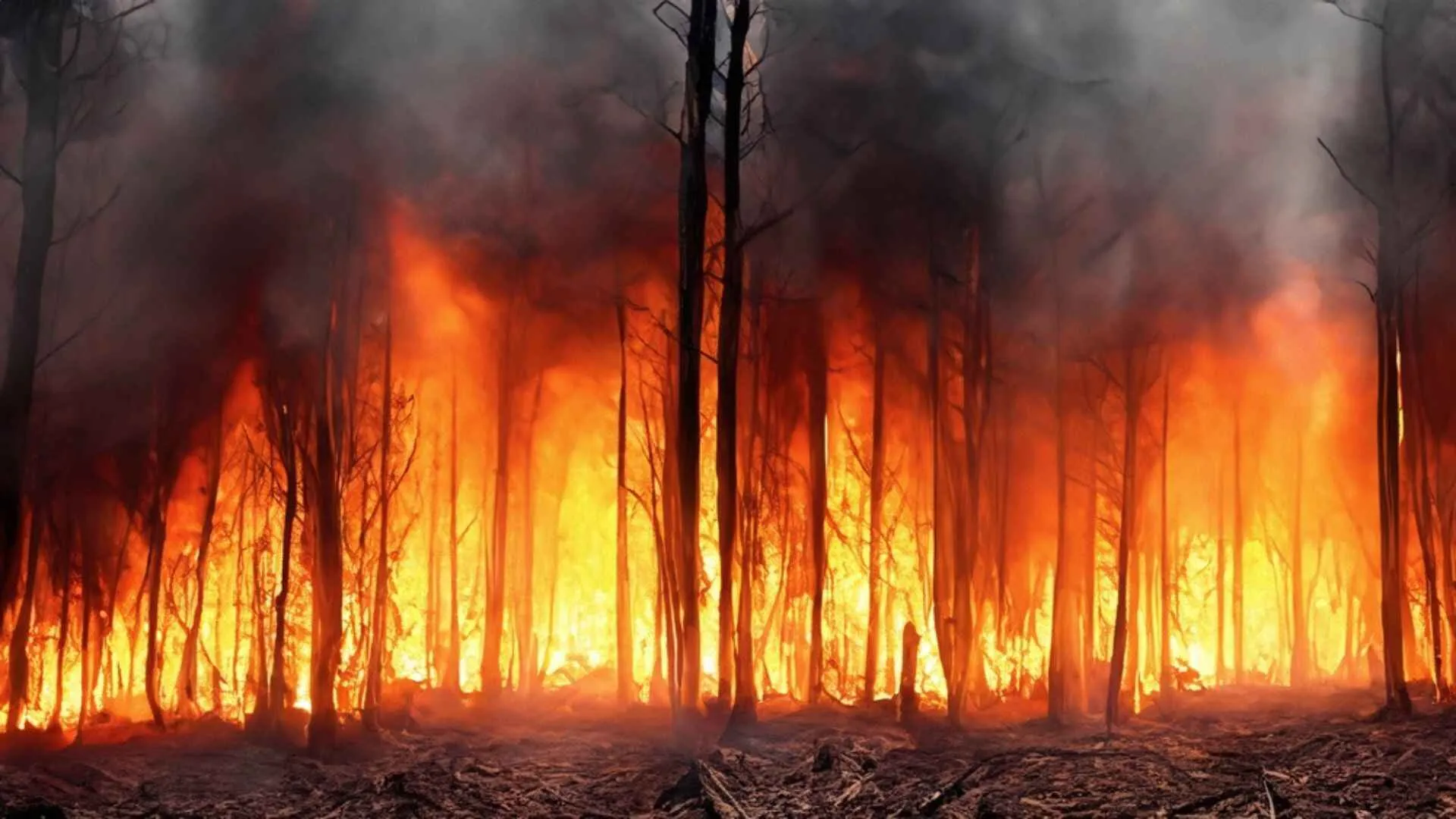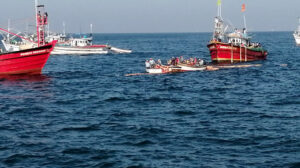Much of the world’s natural coastline is protected by living habitats, most notably mangroves in warmer waters and tidal marshes closer to the poles, which offer vital protection, support life, absorb waves, and curb pollution. Climate change endangers them, but they can adapt by capturing carbon and building roots against rising seas. Research highlights their vulnerability, emphasizing the need to limit warming to 2 degrees Celsius above pre-industrial levels for their survival.
What researchers did
Researchers synthesized evidence on coastal ecosystem response to sea level rise, studying past changes, global surveys, and satellite data. They evaluated 190 mangroves, 477 tidal marshes, and 872 coral islands, utilizing computer models to predict exposure to rapid sea level rise under different warming scenarios.
What researchers found
Coastal ecosystems, including mangroves, tidal marshes, and coral islands, exhibit resilience to gradual sea-level rise, aligning with current rates of 2–4mm per year. However, accelerated rates, especially in sinking land areas, foreshadow challenges akin to future climate change impacts. Some marshes struggle to keep up, experiencing drowning and fragmentation—a glimpse into a warmer world. If sea-level rise doubles to 7 or 8mm annually due to exceeding the 2.0°C warming threshold, it’s “very likely” mangroves and marshes can’t cope, and “likely” coral islands will transform swiftly. Even the milder 1.5–2.0°C warming scenario threatens substantial mangrove and tidal marsh loss, whereas tidal marshes benefit from land elevation.
Let’s give coastal ecosystems a fighting chance
Mangroves and tidal marshes have withstood historical sea level rises surpassing projected extremes. Their inability to develop root systems swiftly or retain sediment forces a landward shift to higher ground in newly inundated coastal lowlands. However, this migration will face competition from urbanization and be hindered by coastal levees and hard barriers like roads and structures. While a 2.0°C cap is encouraging, overshooting it necessitates immediate action. Governments must chart retreat routes, curb development, and expand nature reserves onto elevated areas.














